 By: Veneta Andonova y Mauricio Losada
By: Veneta Andonova y Mauricio Losada
Although it is no longer new the follow-up of multinational companies in emerging countries, its study is relatively a new interest in literature that specializes in international businesses. This interest is due to a certain fact that is that up until a few years ago, the purchase of companies abroad was almost the exclusive power of developed countries multinational companies, but currently many firms of emerging economies have consolidated as multinational leaders in their sectors, buying companies in highly competitive markets. Some of those cases are: Cemex, the Mexican cement producing company that today is the second cement company in the world, Companhia Vale do Rio Doce (CVRD), the Brazilian mining company and Embraer, the Brazilian manufacturer of aircraft. These multinational companies of a Latin American source are examples of the Multilatinas.


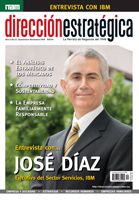
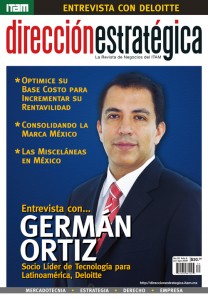

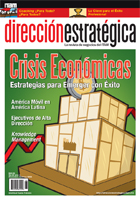
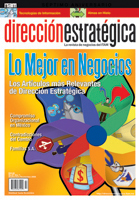

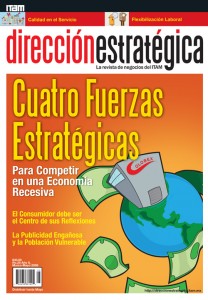
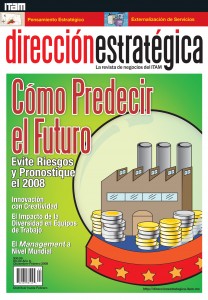
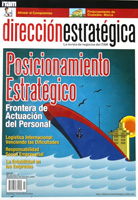
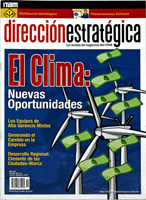
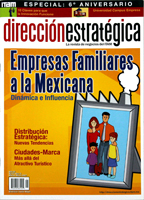
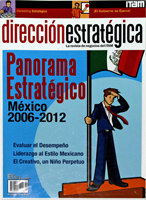
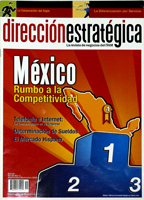
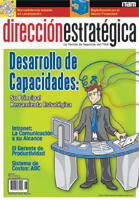
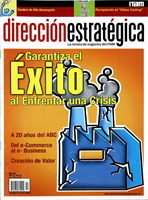
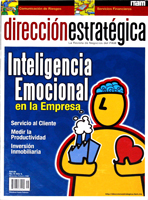
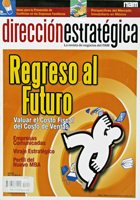
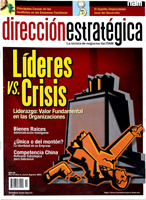
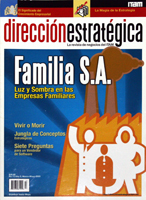

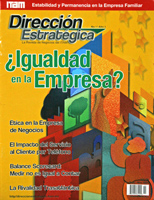


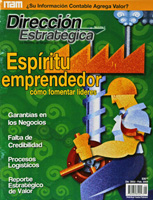
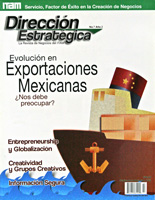

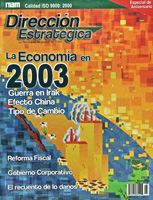


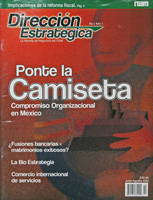

Strategic Guide for the Implementation of Sustainable Actions in the Workplace
By: Antonio Lloret
For companies to maintain a level of competitiveness that allows them to subsist, sustainability must be an integral part of their business strategy. These two aspects -competitiveness and sustainability- are key to success, hence the importance of using natural, economic and social resources efficiently and being able to adapt to consumer demands for sustainable goods and services. But instead of viewing these as limitations, companies should see these as strategic opportunities to create value.
Competitiveness, understood as the efficient allocation of resources (capital, work, technology) and the proper use of natural and social capital, is a prerequisite to the implementation of sustainable actions that enable a company to generate internal and external economic value, while the term “sustainability” presupposes rational use of natural, social and economic resources by companies. Thus, sustainability is about meeting the needs of the present generation without sacrificing the capacity of future generations to meet theirs.
(read more…)